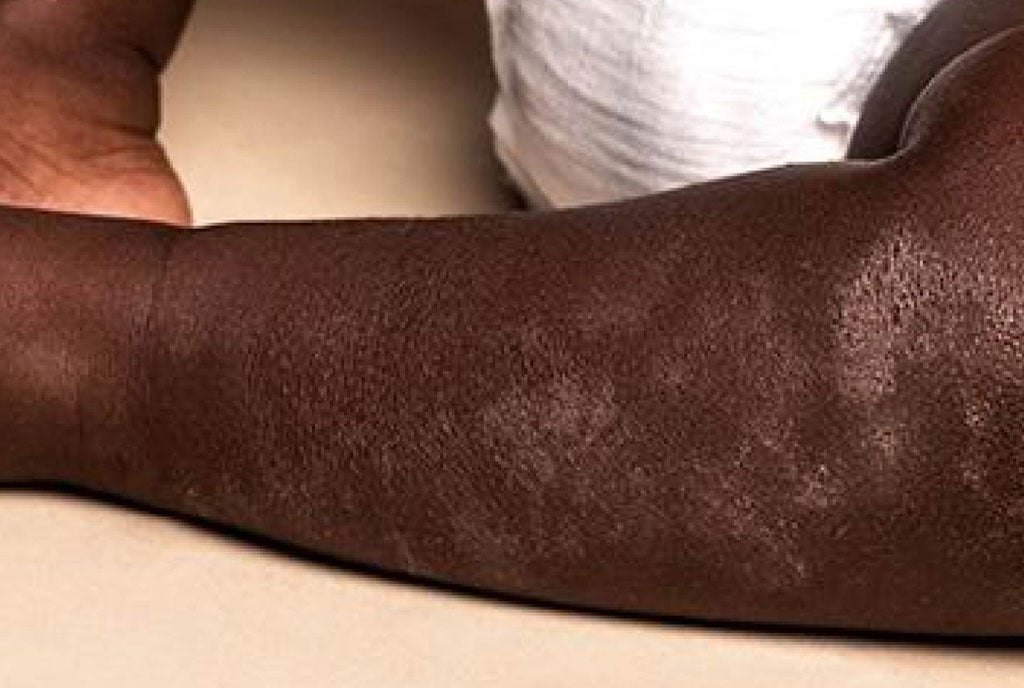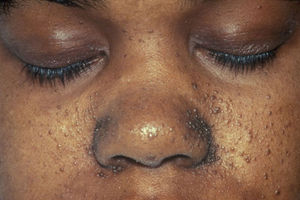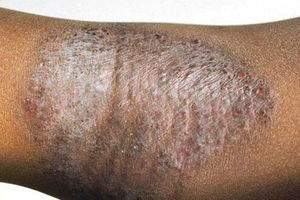
Eczema is common among babies. PHOTO/COURTESY
I have suffered from eczema for a while and while reading about it recently, I discovered it could be linked to asthma. Is it possible to suffer from asthma when no one else in my family has it? Marunga
Dear Marunga,
The word eczema refers to skin patches that may become dry, itchy, inflamed and sometimes become oozing blisters.
Eczema, a long-lasting skin condition, usually starts in childhood and not surprisingly, it is most common in children under two years, though it may also start in adulthood. Several children may outgrow the condition only for it to recur later in life.
The skin (the largest organ of our bodies) retains moisture and protects us from germs, irritants or causes of allergy. Due to some tendencies, the skin’s protective ability may be flawed, allowing environmental factors, germs, irritants or allergy causatives to affect the skin, leading to eczema symptoms.
People who develop eczema may have a family history of eczema, asthma or allergies. So, it may not be surprising to find that someone with eczema also has allergies or asthma or one with eczema later develops other symptoms of allergies and asthma.
Eczema may be worsened by obesity, over-sweating, harsh soaps, detergents, dust, pollen and stress.
Though eating certain foods may not cause eczema, some foods may trigger a flare-up if one already has the condition. The foods that may affect people differently may include cow’s milk, eggs, soya products, gluten, nuts and fish, which individuals may require to avoid to lessen flares.
An infant may be less likely to develop eczema if their mother takes probiotics and avoids drinking cow’s milk during pregnancy. Infants who exclusively breastfeed during the first three months of their life are also less likely to develop eczema.
Taking short warm baths and drying quickly, creams that control itching, antibiotic creams, steroids, antihistamines, using moisturisers, minimising stress by relaxation techniques, and gentle non-perfumed soaps may ease symptoms but may not cure the chronic condition.




